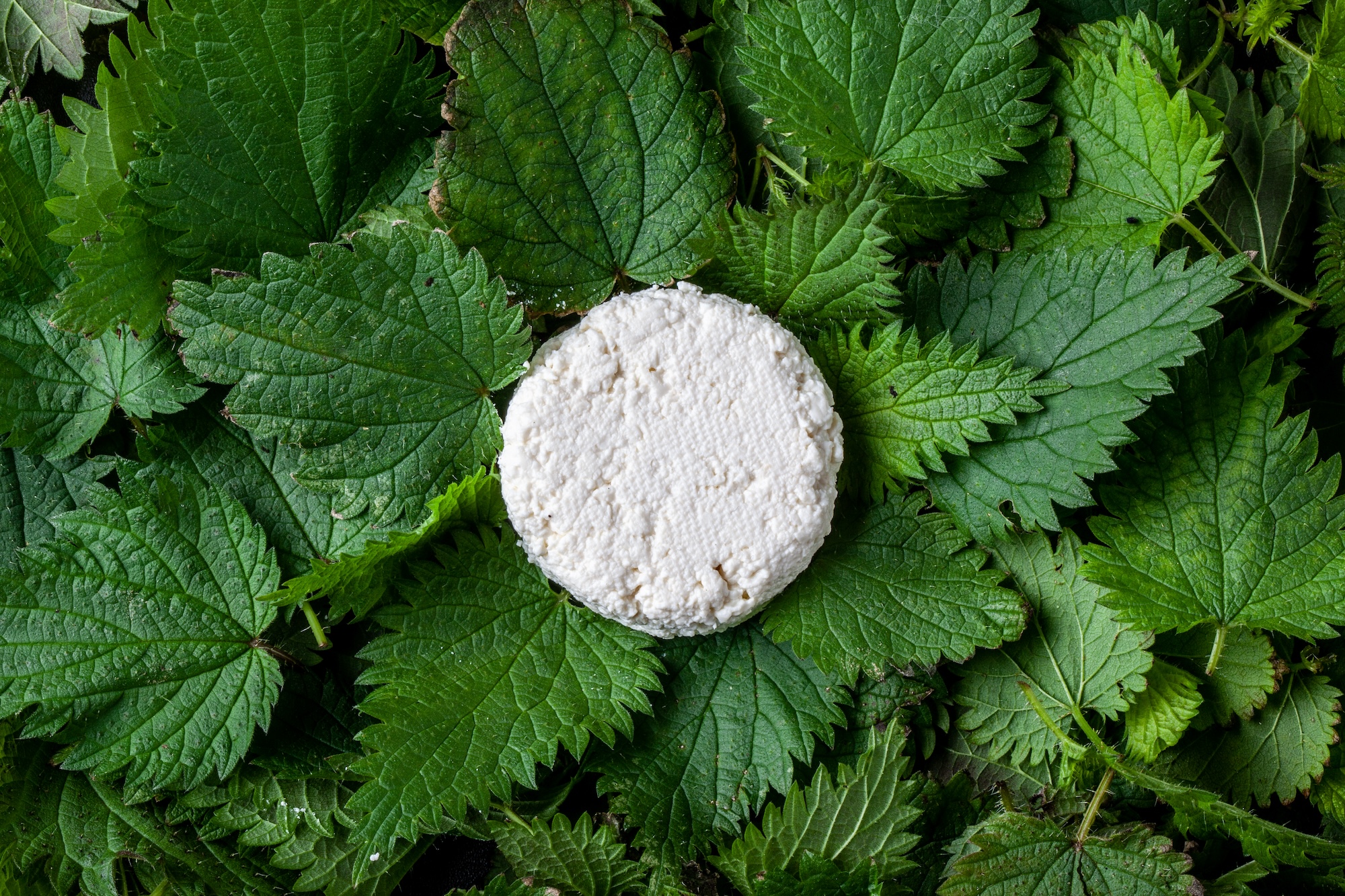Gastrovalue Project: Chefs Test Innovative African & Caribbean Coffee, Cocoa, and Coconut Products
In collaboration with the International Trade Centre’s Alliances for Action initiative, BCC Innovation brought together ten top chefs from across Europe for the final stage of an ambitious project: testing unique products developed to elevate coffee, cocoa, and coconut from African and Caribbean countries. Notable participants included Alvaro de Juan Sanchez of Restaurant Noma in Copenhagen, Philipp Walther of Chateau Royal Berlin, Sofia Olsson of restaurant VRA in Sweden, Giovanni Oliveri of Orma in Rome, and others.

BCC Innovation’s project was driven by the mission to transform often overlooked agricultural byproducts into value-added culinary innovations. The gluten-free pancake base, for instance, was crafted from copra, a byproduct of coconut oil production that traditionally ends up as waste or animal feed. By repurposing copra into a market-ready product, the team not only showcased its potential as a sustainable ingredient but also responded to the European market’s growing need for convenient, allergen-friendly breakfast options. This step prepares Jamaican producers to meet European demands and secure a foothold in a competitive market such as the EU.

Another standout creation was the coffee-infused pepper hot sauce, designed with the unique needs of the Ghanaian community in mind. While coffee consumption as a beverage is uncommon in Ghana, incorporating it into local dishes offers a way to introduce coffee’s rich flavors into everyday cuisine. This innovation aimed to blend the familiar with the new, opening opportunities for local producers to explore new product categories.

The chefs’ feedback brought an essential layer of professional insight, blending traditional culinary techniques with novel applications. Chef Sunshine Lee from Restaurant Marchal in Copenhagen noted the hot sauce’s distinctive qualities: “Can still taste coffee even when mixed with other food (eaten with a typical Danish open-faced sandwich) …Overall, the product has a unique selling point and is definitely marketable.” This enthusiasm was echoed by the broader response (Fig. 1), with 83% of participating chefs expressing willingness to pay more for the hot sauce due to its unique and bold flavor profile. This strong endorsement highlights its potential as a premium product in the market.

Beyond these developments, the project also tapped into sustainable practices by creating an energy drink made from coffee cascara—the dried skin of coffee cherries, often discarded as waste. Rich in caffeine, cascara was harnessed to craft a potent energy drink, showcasing its potential to be a high-value addition to global markets while reducing waste from coffee production.
The final product testing phase brought the expertise of external chefs to the forefront, providing valuable feedback and insights into the commercial viability and culinary appeal of the products. The chefs’ enthusiasm reinforced the potential of these innovative creations to resonate with European consumers and beyond, bridging cultural and culinary gaps while fostering sustainable growth for producers in Africa and the Caribbean.
By blending sustainability, innovation, and cultural appreciation, the Gastrovalue project exemplifies the transformative power of collaboration in modern gastronomy. For chefs passionate about driving change and exploring new frontiers, it serves as an inspiration for how culinary innovation can lead to meaningful economic and social impact.






